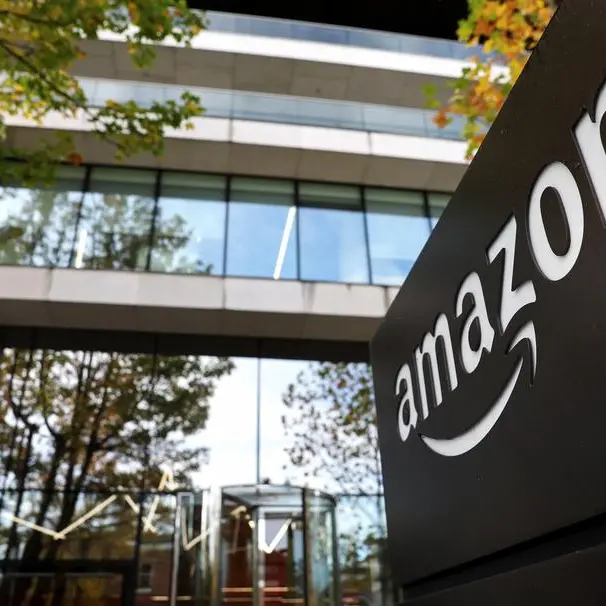PHOTO
Smartphone shipments in the Middle East and Africa (MEA) region fell to a two-year low during the second quarter of the year, as soaring inflation and stronger US dollar dampened consumer demand.
Shipments, which reached a total of 38 million units in the second quarter, dropped by 7.8% year-on-year and 10% quarter-on-quarter, according to new research from Counterpoint's Market Monitor Service.
"The biggest drag on the market was, unsurprisingly, macro issues. Inflation induced by food and fuel shortages dampened consumer demand, while declining domestic currencies against the US dollar reduced the purchasing power of consumers," said Yang Wang, senior analyst.
With the "pessimistic global macro sentiment", Wang said some brands were cautious about pushing brand penetration in the region.
"Difficulties elsewhere meant that brands were under pressure to streamline budgets and activities, which were redirected to more strategic markets and regions. This meant that incentives to push brand penetration in MEA were scaled back, which in turn forced distributors and resellers to raise prices to defend their margins."
However, Samsung’s shipments and market share grew year-on-year while Transsion Group’s shipments were flat and Chinese entrants like Xiaomi, OPPO, Vivo and Realme saw shipments fall due to caution stemming from demand issues elsewhere.
Apple’s shipments also grew by 2% due to better distribution and product availability in the Gulf Cooperation Council (GCC) region, Counterpoint said, while, ramping up of production in Pakistan of OPPO, Vivo and Xiaomi could also ease supply issues in the region going forward.
(Writing by Imogen Lillywhite; editing by Cleofe Maceda)





















